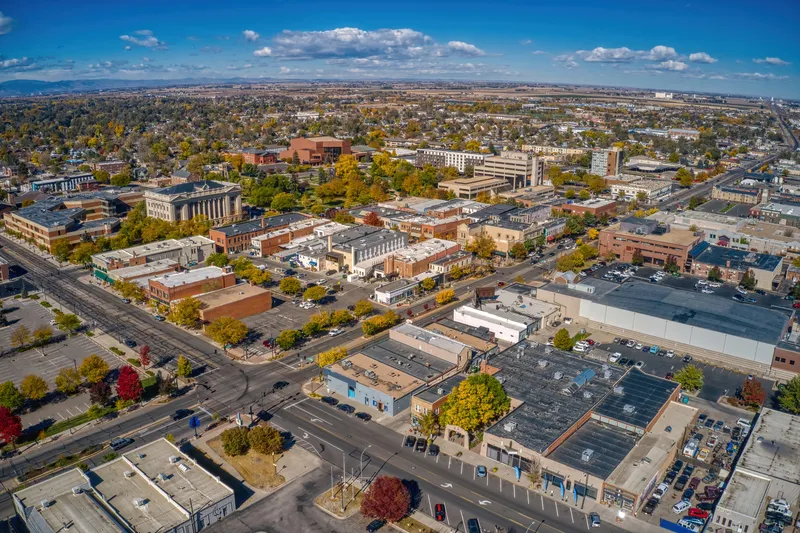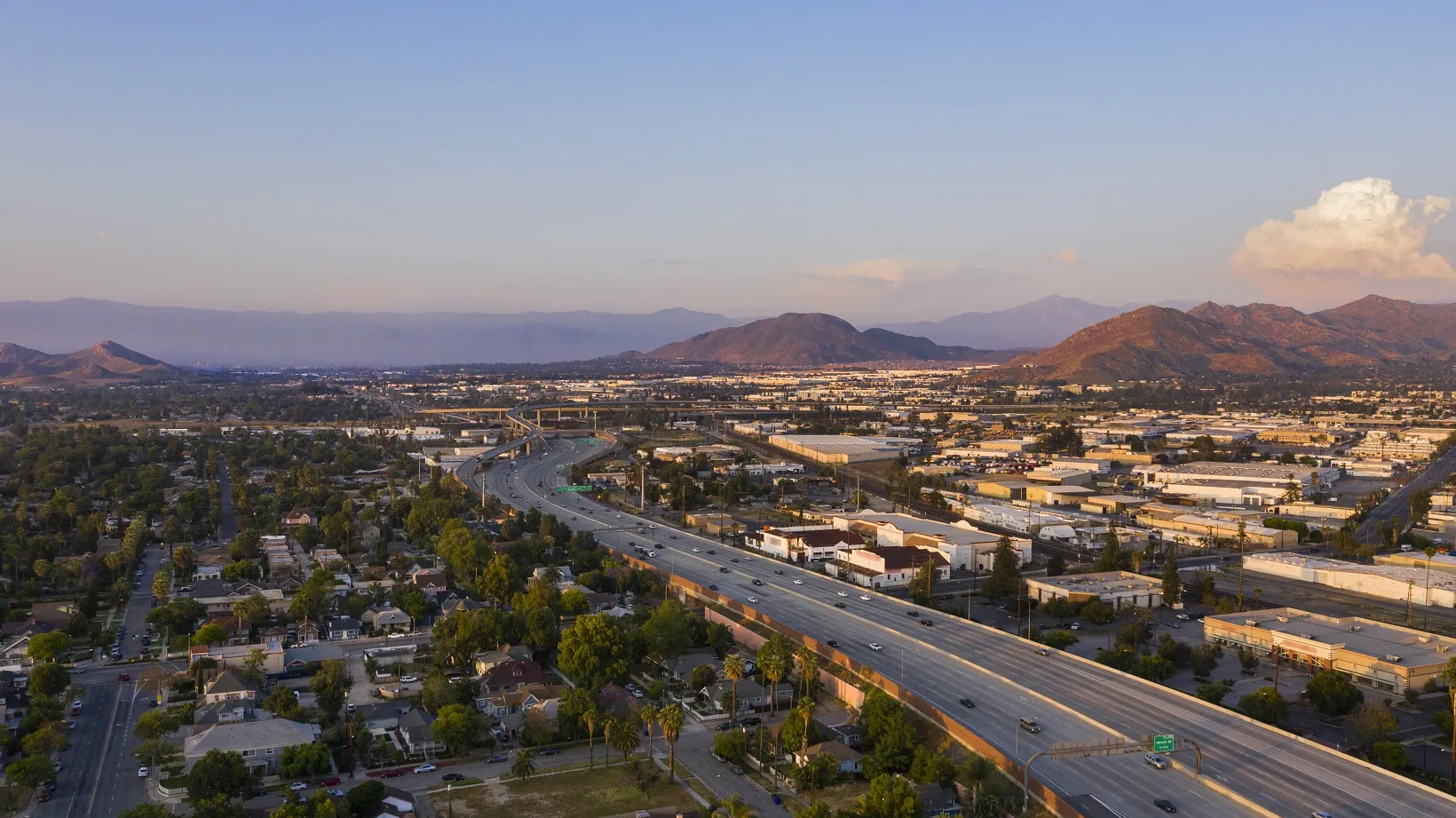
AM Signal will provide Kapsch TrafficCom connected vehicle (CV) technology on 45 intersections to enhance the safety of emergency vehicles in Greeley, Colorado.
The Kapsch system reacts to approaching emergency vehicles and automatically adapts traffic lights so that the vehicle can pass the intersection without endangering itself and other road users.
The solution will be enabled by roadside units (RSUs) covering 45 intersections, while the city’s fleet of emergency vehicles and snowploughs will be fitted with 50 on-board units that communicate with the RSUs.
The city will manage and operate the roadside infrastructure using Kapsch's Connected Mobility Control Center software. The system can be expanded for additional connected vehicle use cases in future.
This is one of the most technical ITS projects going on currently in Colorado, noted Zac Ward, vice president of AM Signal.
The project aligns with Greeley’s Vision Zero initiative and the US Department of Transportation’s “Saving Lives with Connectivity” initiative aimed at reducing deaths and serious injuries through a national connected vehicle deployment plan.
“The funding provided by USDoT for the Connected Greeley for the Emergency Vehicle Pre-emption Vehicle Pilot will help improve response times for emergency vehicles and snowplows,” said Paul Trombino, director at Greeley’s Public Works Department.
“Connected vehicles represent the future of our industry by providing tangible solutions to saving lives and reducing serious injuries,” said JB Kendrick, president of Kapsch TrafficCom North America.
“This project underscores our expertise and commitment to leveraging advanced technologies to enhance road safety and traffic efficiency. By integrating connected vehicle systems and other emerging technologies, we are paving the way for a safer and more sustainable transportation ecosystem in our region,” she said.








